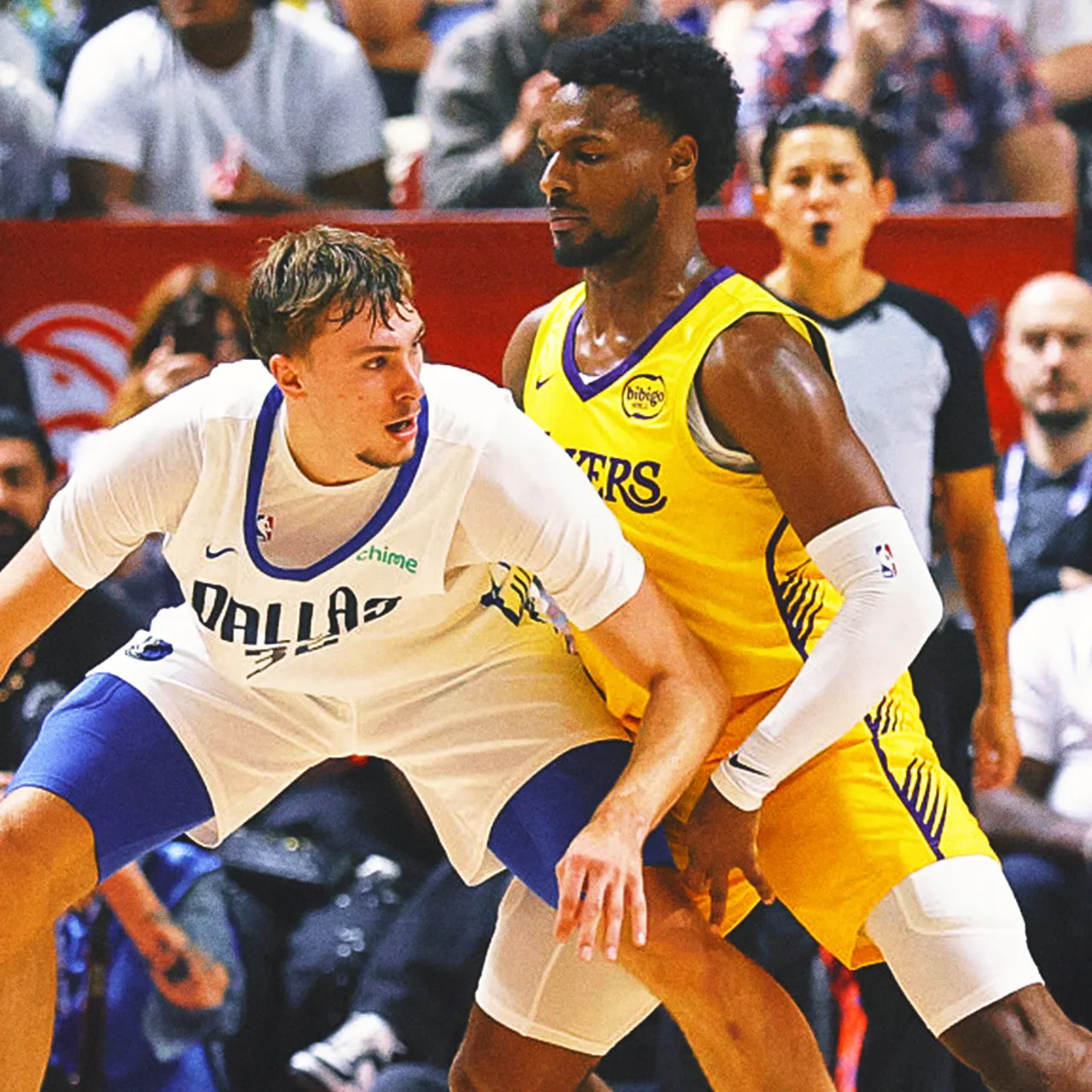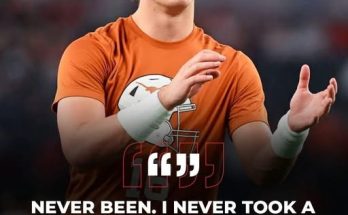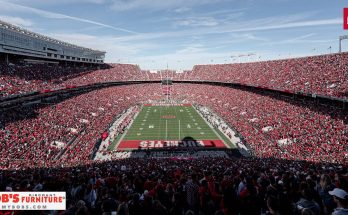Cooper Flagg’s much-anticipated professional debut arrived Thursday night under the glitzy lights of the NBA Summer League, and he did not disappoint. The spotlight was always going to be hot—after all, Flagg has been the subject of breathless hype since his high school days in Maine, heralded as a generational talent and a surefire No. 1 pick. The matchup itself added fuel to the excitement: Flagg’s team squaring off against the Los Angeles Lakers and Bronny James, the son of LeBron James, in a contest that felt more like an event than a simple exhibition. In the end, Flagg walked away with a narrow 87-85 win, a stat line that teased his limitless potential, and a performance that left scouts, fans, and commentators buzzing with renewed conviction in his prodigious abilities.
The game started with all eyes on Flagg, and he showed early why so many have anointed him the next big thing. His first possession saw him calmly drain a smooth mid-range jumper, the kind of poised shot that belied his age. Standing at 6-foot-9 with a wingspan to match, Flagg plays with a confidence and basketball IQ that are rare even among seasoned pros. He doesn’t just play the game—he seems to read it, interpret it, and manipulate it with a level of understanding that borders on precognition. His movements are crisp, his footwork polished, and his defensive awareness eerily sharp. Throughout the game, he showcased his ability to switch on screens, protect the rim, and close out on shooters, all while staying engaged offensively.
One of the defining moments of the night came midway through the second quarter. With his team trailing by five, Flagg came up with a textbook block on Bronny James, igniting a fast break that led to a thunderous two-handed slam on the other end. It wasn’t just a highlight—it was a momentum shift, a flashpoint that energized the crowd and galvanized his team. Moments like these are what separate talents from stars, and stars from superstars. Flagg isn’t just talented; he’s transformative. He affects every possession, whether or not he touches the ball.
The hype surrounding this matchup wasn’t just about Cooper Flagg, of course. Bronny James, while a less polished prospect, brings his own set of expectations, not least because of the last name stitched onto his jersey. Every time Bronny steps on the court, he does so under the massive shadow of his father, one of the greatest to ever play the game. Yet on this night, Bronny looked assertive and comfortable in his role. He pushed the pace, made smart passes, and hit a big corner three to bring the Lakers within one point late in the fourth quarter. For all the skepticism around his readiness for the NBA, Bronny continues to prove that he belongs—not as a novelty act, but as a legitimate basketball player carving out his own path.
Still, the night belonged to Flagg. He finished with 21 points, 9 rebounds, 4 assists, and 3 blocks—a stat line that only begins to tell the story of his impact. His fingerprints were on every aspect of the game. When his team needed a bucket, he was there with a mid-post turnaround. When the defense faltered, he rotated over to contest the shot. When the offense stalled, he initiated sets from the high post with the vision of a seasoned point forward. He’s not just a scorer or a defender—he’s a system. Coaches dream of building around a player like this, someone who elevates everyone around him by simply doing everything right.
There was something unmistakably magnetic about Flagg’s presence. He carried himself with the kind of composure that made it easy to forget he was making his professional debut. His body language never dipped into frustration or panic, even when the game tightened in the final minutes. That kind of poise under pressure is something that can’t be taught—it’s an internal compass, an elite trait that surfaces only in the most gifted competitors. Whether he was guarding multiple positions, executing a perfect pick-and-roll, or boxing out a bigger player under the glass, Flagg exuded maturity well beyond his years.
The crowd at the Thomas & Mack Center was electric all evening, with pockets of fans wearing Flagg jerseys and waving signs. Many of them were seeing him live for the first time, and the performance only deepened the mythos surrounding him. For the NBA, this was a glimpse of the league’s future. For scouts, it was affirmation that their projections were not only accurate but perhaps even modest. For Flagg himself, it was a beginning—an emphatic, confident first step into the waters of professional basketball.
What’s remarkable is how seamlessly he’s making the leap from high school stardom to NBA-level competition. Most rookies need time to adjust—the speed, the physicality, the schemes—it all takes months, sometimes years, to process. Yet Flagg seemed right at home, playing with a calmness that made everything else look slow. It wasn’t that the game was too fast for him—it was that he was too smart for the game. He dictated tempo, read coverages on the fly, and seemed always one move ahead of his defender.
This debut didn’t just serve as a coming-out party; it set the tone for what Flagg’s rookie season might become. There will be bumps, no doubt—every player hits the rookie wall—but the foundation is already so refined that the ceiling is difficult to quantify. He projects as a multi-time All-Star, a potential Defensive Player of the Year, and possibly even a franchise cornerstone. That’s the kind of pressure that would break many 19-year-olds. But Flagg seems to wear it like armor. In interviews postgame, he remained humble, deflecting praise to his teammates and crediting his coaching staff for putting him in positions to succeed. That humility, paired with the razor-sharp skill set, makes him incredibly easy to root for.
One can’t overlook the symbolism of Flagg’s debut coming against Bronny James. It felt like a generational handoff of sorts—one son of a legend, the other a self-made phenom, meeting at the intersection of legacy and destiny. The NBA has long thrived on narratives like this, and Thursday night gave fans a memorable chapter. While Bronny showed flashes and will surely have his own journey of growth and development, Flagg looked like the one destined to dominate headlines for years to come.
As the final buzzer sounded and Flagg’s team walked away with the 87-85 victory, the significance of the moment hung in the air. This wasn’t just a win in a summer league game. It was a confirmation. A confirmation that all the talk, all the buzz, all the projections weren’t empty hype. Cooper Flagg is real, and he’s here.
Summer League games aren’t supposed to feel like playoff matchups. They’re meant to be warm-ups, evaluations, developmental reps. But this one was different. It had weight. It had stakes. It had stars—both established and emerging. And it delivered, not just in drama but in substance. If this is the level of excitement Flagg can generate in a glorified scrimmage, imagine what his presence will do in a regular season game, or a playoff series, or a championship run.
As he walked off the court, Flagg stopped to sign autographs and pose for pictures, a moment that encapsulated the duality of his position. He’s both a rising athlete and an emerging icon, and every step he takes from here will be watched closely. But if his debut taught us anything, it’s that Cooper Flagg is more than ready. The hype was never too big. It was just waiting for him to catch up.
Now he has. And the NBA will never be the same.


